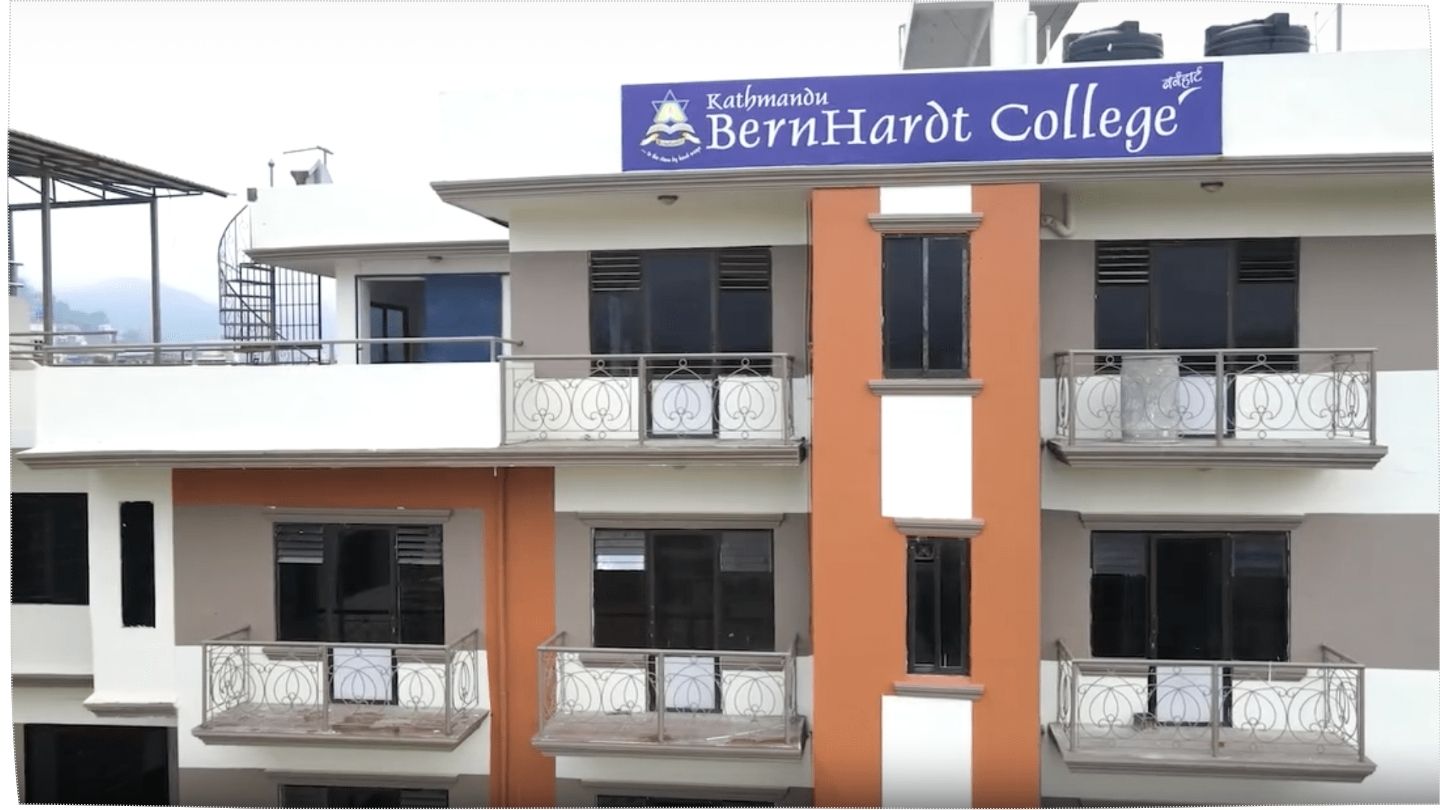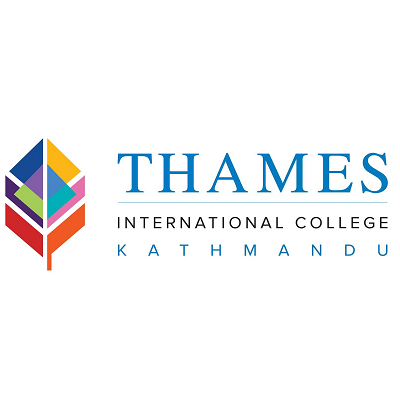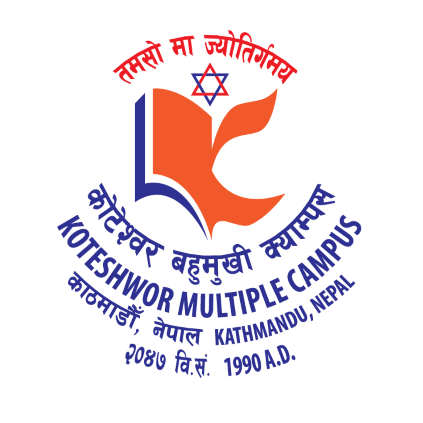Overview
BASW at Kathmandu BernHardt College, Bafal, Kathmandu
BASW at Kathmandu BernHardt College (KBC), Bafal, Kathmandu, runs under Tribhuvan University’s Faculty of Humanities and Social Sciences. Students who search for BASW in Kathmandu, TU-affiliated social work, and fieldwork-based learning will find a clear, student-first guide here.
The course links classroom study with supervised community practice so you learn methods, ethics, and documentation that match real work in Nepal’s social sector.
KBC places BASW in a steady academic routine. Classrooms use projection for stepwise explanations. The library supports reading across sociology, psychology, policy, and research. Community placements and project writing train you to move from observation to short, evidence-based reports.

Highlights
-
Affiliation: Tribhuvan University (FoHSS)
-
Location: Bafal, Ring Road corridor, Kathmandu
-
Approach: Classroom study, fieldwork, supervised reports, seminars, and presentations
-
Campus supports: Library and reading zones, seminar hall, computer/digital labs, cafeteria, lifts, open areas, basement parking
-
Audience: Students seeking structured social work learning rooted in Nepali contexts
Curriculum Details
BASW builds a base across theory, methods, and ethics. The plan runs through:
-
Foundations: Introduction to social work, sociology, psychology, Nepali social structure, gender and inclusion
-
Methods: Casework, group work, community work, social welfare administration
-
Policy and context: Nepali governance, local bodies, social policy, constitutional provisions related to welfare
-
Research and writing: Social research basics, proposal writing, tools for data collection, simple analysis, and report drafting
-
Thematic options (as offered in cycles): Child rights, geriatric care, disability support, migration, media and society, disaster risk awareness, and related areas
KBC schedules reading lists and unit plans at the start of each term. You learn to annotate sources, outline arguments, and prepare short notes that help during viva and final exams.
Objectives
-
Build working knowledge of social theories and practical methods.
-
Develop field-level habits—entry, rapport, note-taking, ethics, and closure.
-
Train students to write clear case notes, group session records, and community profiles.
-
Prepare graduates for roles across NGOs, public programs, and community initiatives.
Scope
Social work in Nepal spans government programs, local bodies, NGOs, schools, clinics, and community projects. Graduates join roles in documentation, outreach, case management support, program assistance, and social counseling under supervision. Many choose to continue in master’s studies in social work, sociology, psychology, gender studies, or public administration.
Learning Outcomes
-
Explain key social theories and link them to Nepali settings.
-
Apply case, group, and community methods in supervised tasks.
-
Use basic research tools to plan, collect, and present data with consent and care.
-
Write short, structured reports that show findings, limits, and next steps.
-
Present insights in clear language for teachers, field supervisors, and peers.
Skill Development Modules
-
Field documentation: Case notes, genograms, eco maps, session plans, visit reports.
-
Communication: Active listening, clear questioning, and reflection logs after sessions.
-
Research basics: Problem statements, simple questionnaires, focus group outlines, consent scripts.
-
Data handling: Clean tables, basic charts, anonymization, and safe storage of records.
-
Presentation: Two- to five-minute briefings with slides; peer review for clarity and tone.
Teaching Methodology
KBC blends lectures, tutorials, and field practice. Seminars introduce current issues—child protection, migration, disability inclusion, urban sanitation, and local governance. Faculty run quick checks, short quizzes, and oral reviews to keep progress visible. Field instructors guide placements and sign off on learning logs. The office posts timelines for submissions so you can pace reading, visits, and write-ups.
Admission Requirements
-
Minimum qualification: Ten-plus-two or equivalent under recognized boards as per TU FoHSS rules.
-
Screening: Application form, document review, and counseling at the college office; an interview may apply per yearly notice.
-
Documents: SEE and +2 transcripts, character and migration certificates (as applicable), photos, and ID copy.
-
Session planning: Follow the current TU and college calendars for forms, orientation, and class start.
Career Opportunities
-
Program assistant/field officer (NGO/INGO/local bodies)
-
School or community outreach support
-
Documentation assistant for case files and reports
-
Community mobilizer for targeted projects
-
Research assistant for short studies and monitoring tasks
Progress depends on portfolio strength—clean field notes, sample reports, and references from supervisors. Short training in safeguarding or psychosocial first aid can add value when applying.
Scholarships and Financial Aid
KBC shares scholarship information during counseling. You should request the current written policy with categories (merit or need-sensitive), eligibility documents, percentage ranges, and renewal rules linked to attendance and performance.
Why Choose This Course?
-
Field-rooted learning where theory, method, and ethics meet real tasks.
-
Steady routine—lectures, tutorials, field logs, and timely feedback that keeps efforts on track.
-
Local relevance across municipalities, wards, schools, clinics, and social protection programs.
-
Clear documentation habits that match workplace needs in Nepal’s social sector.
Conclusion
BASW at KBC helps you practice the daily habits of a social worker—careful listening, tidy notes, structured reports, and respect for community voices. Students who prefer visible milestones and close supervision find this routine helpful. Families and planners can confirm yearly notices and placement guidelines at the office before admission.
FAQ
Is BASW fieldwork mandatory?
Yes. Field placements and supervised reports are core parts of study.
Which skills help in first jobs?
Clear writing, ethical record-keeping, and confident speaking in short briefings.
Can BASW lead to a master’s degree?
Yes. Many graduates continue to MSW, sociology, psychology, gender studies, or public administration.
What should I include in my portfolio?
Two sample reports, anonymized case notes, a short reflection, and a letter from a field supervisor.
How do I balance classes and field tasks?
Follow the posted calendar, submit logs weekly, and meet your field instructor for quick feedback.






















